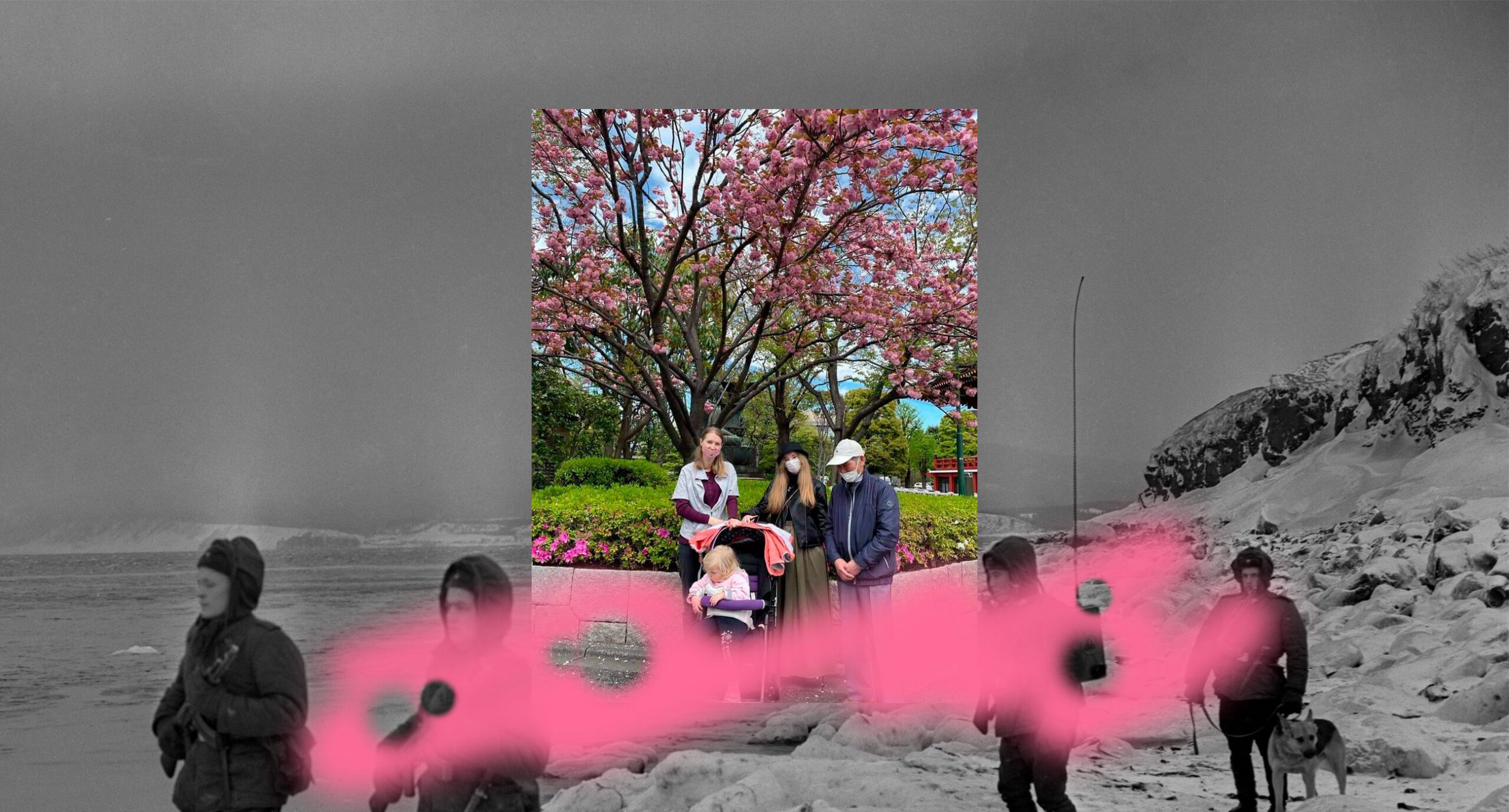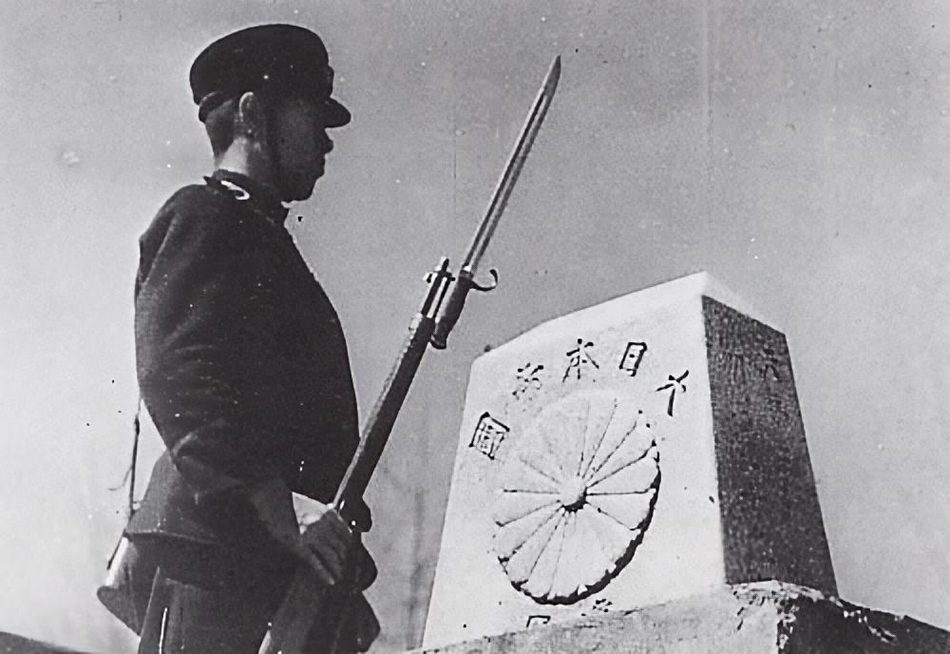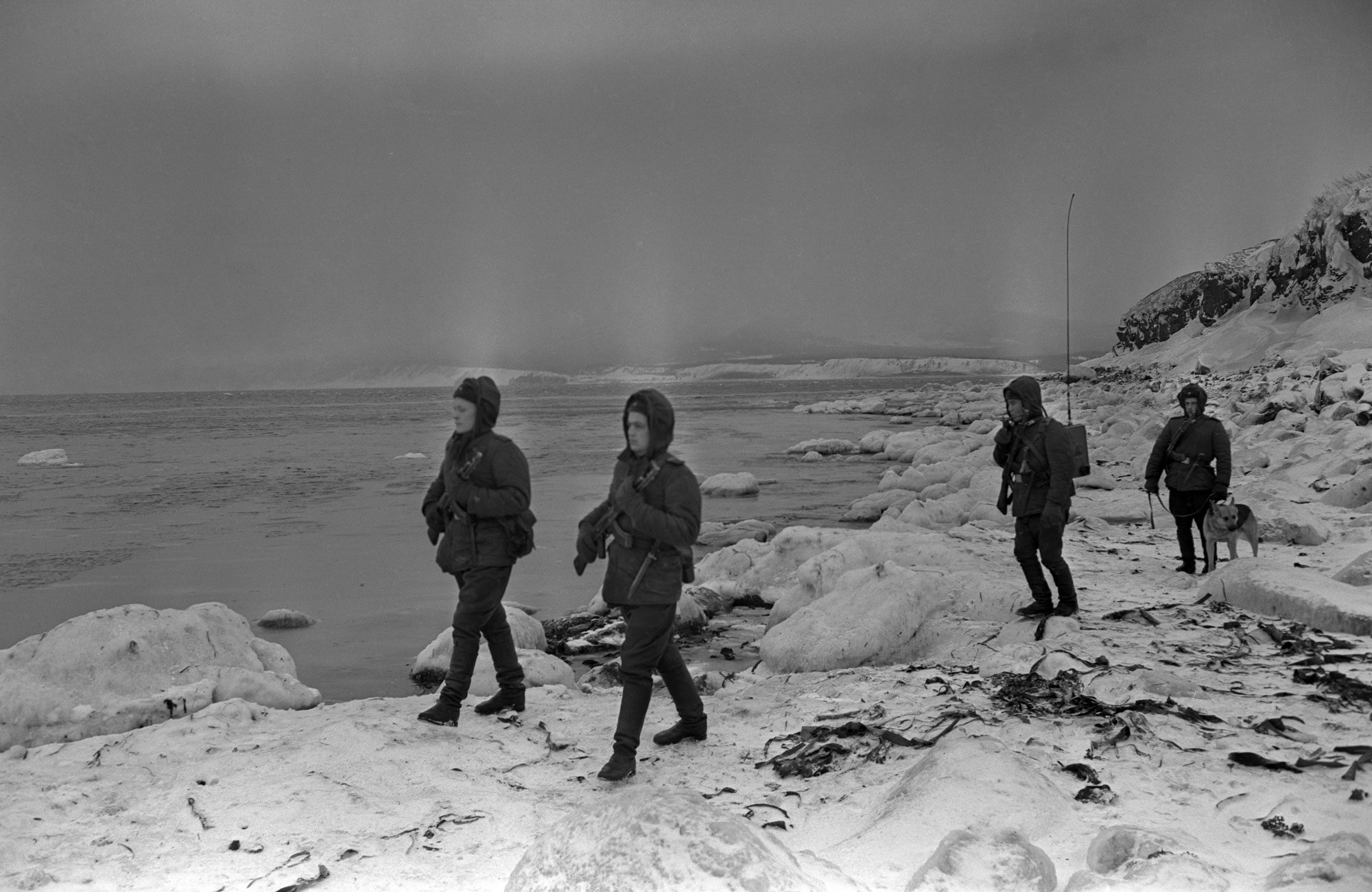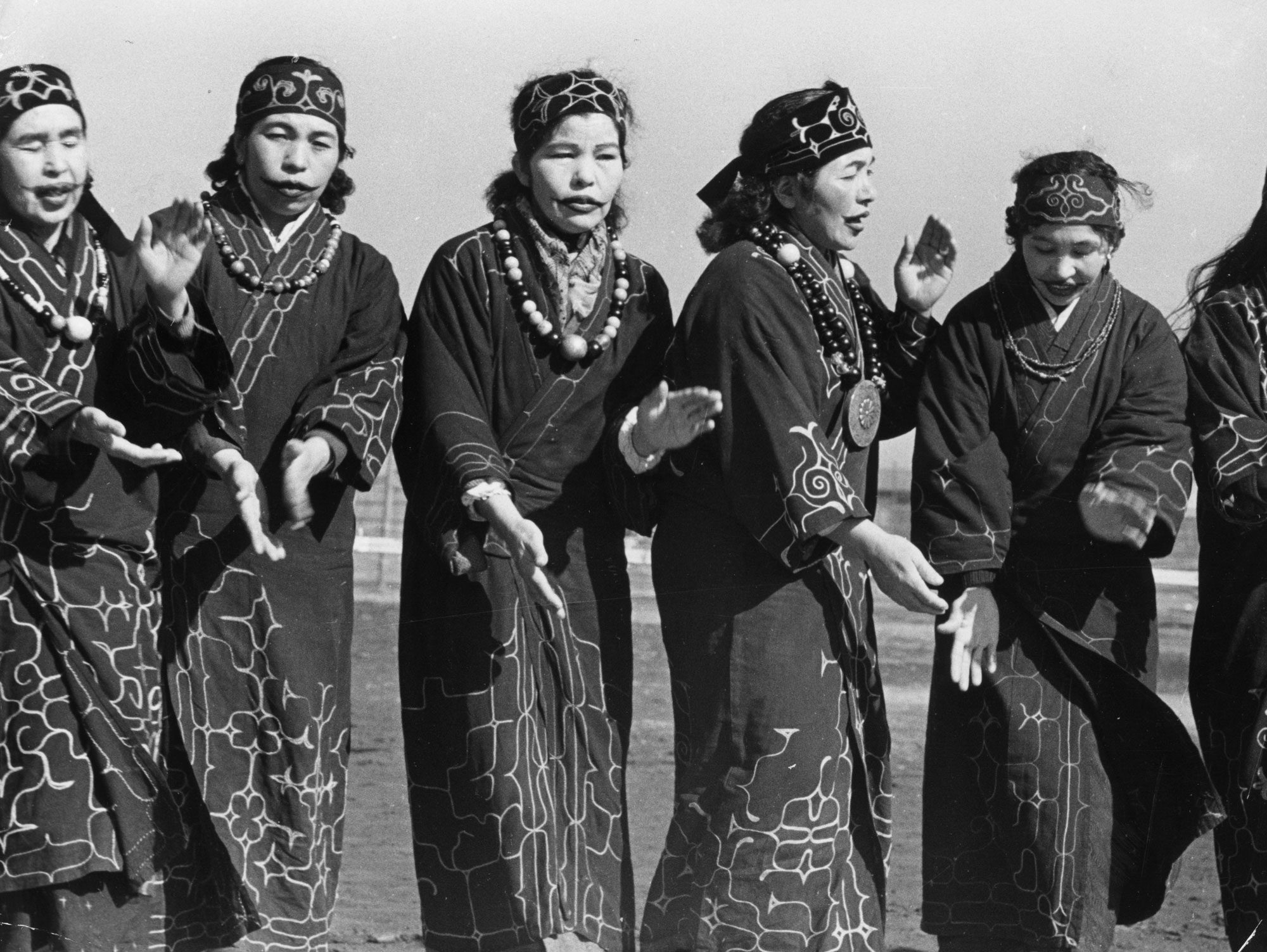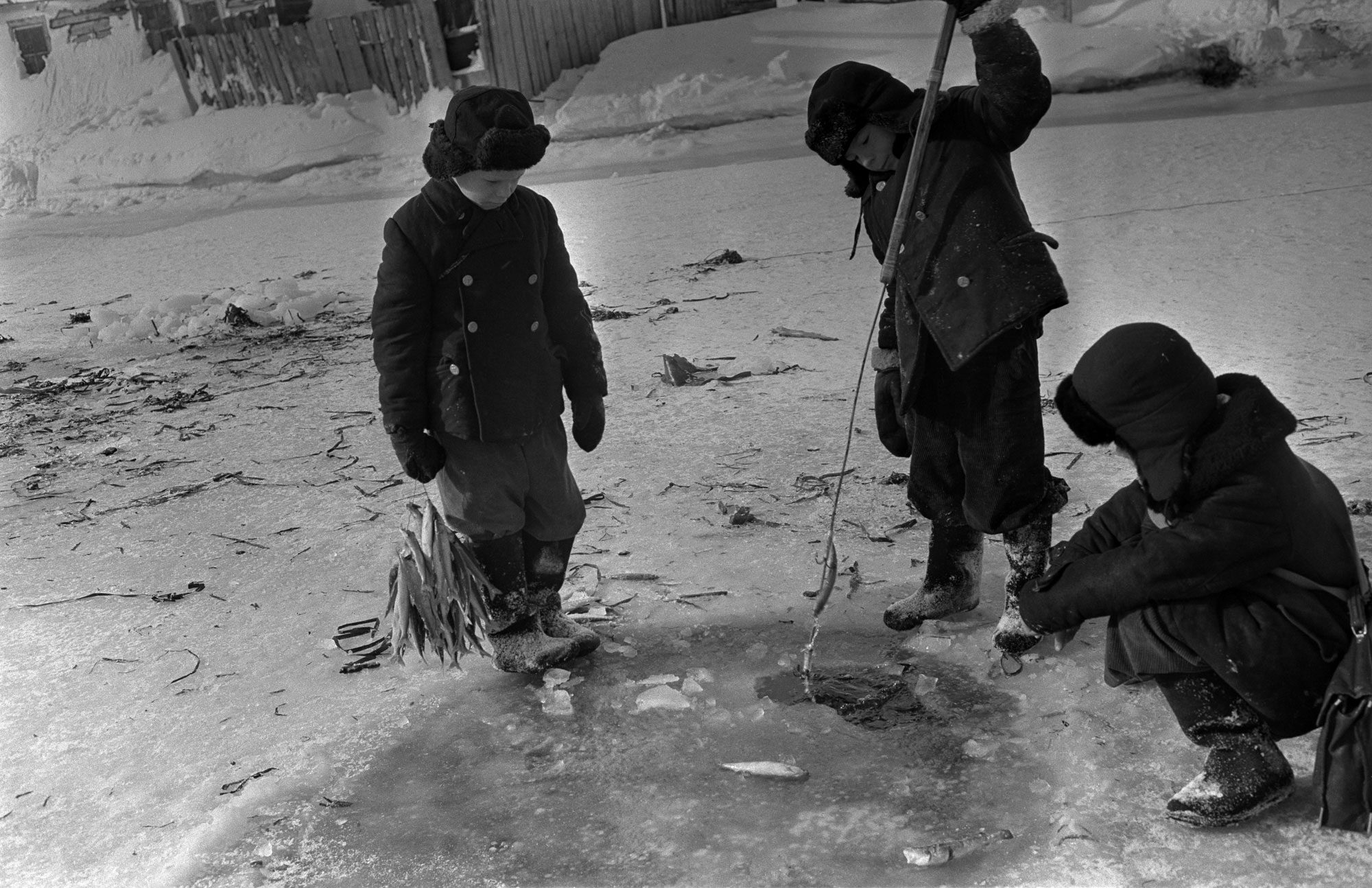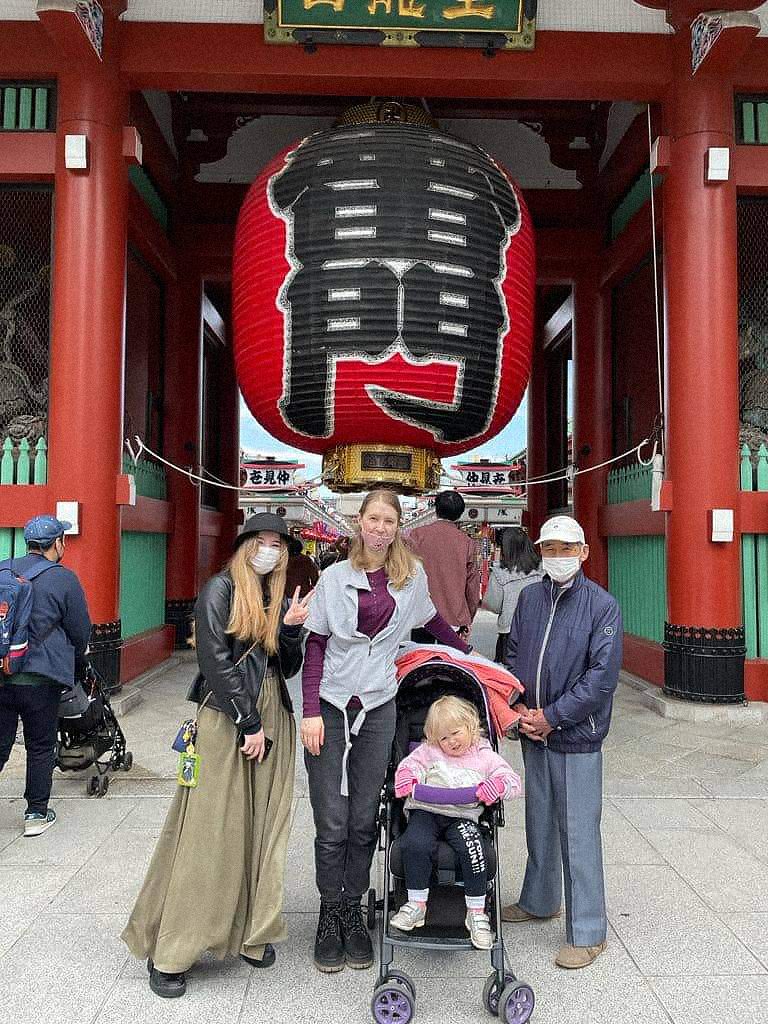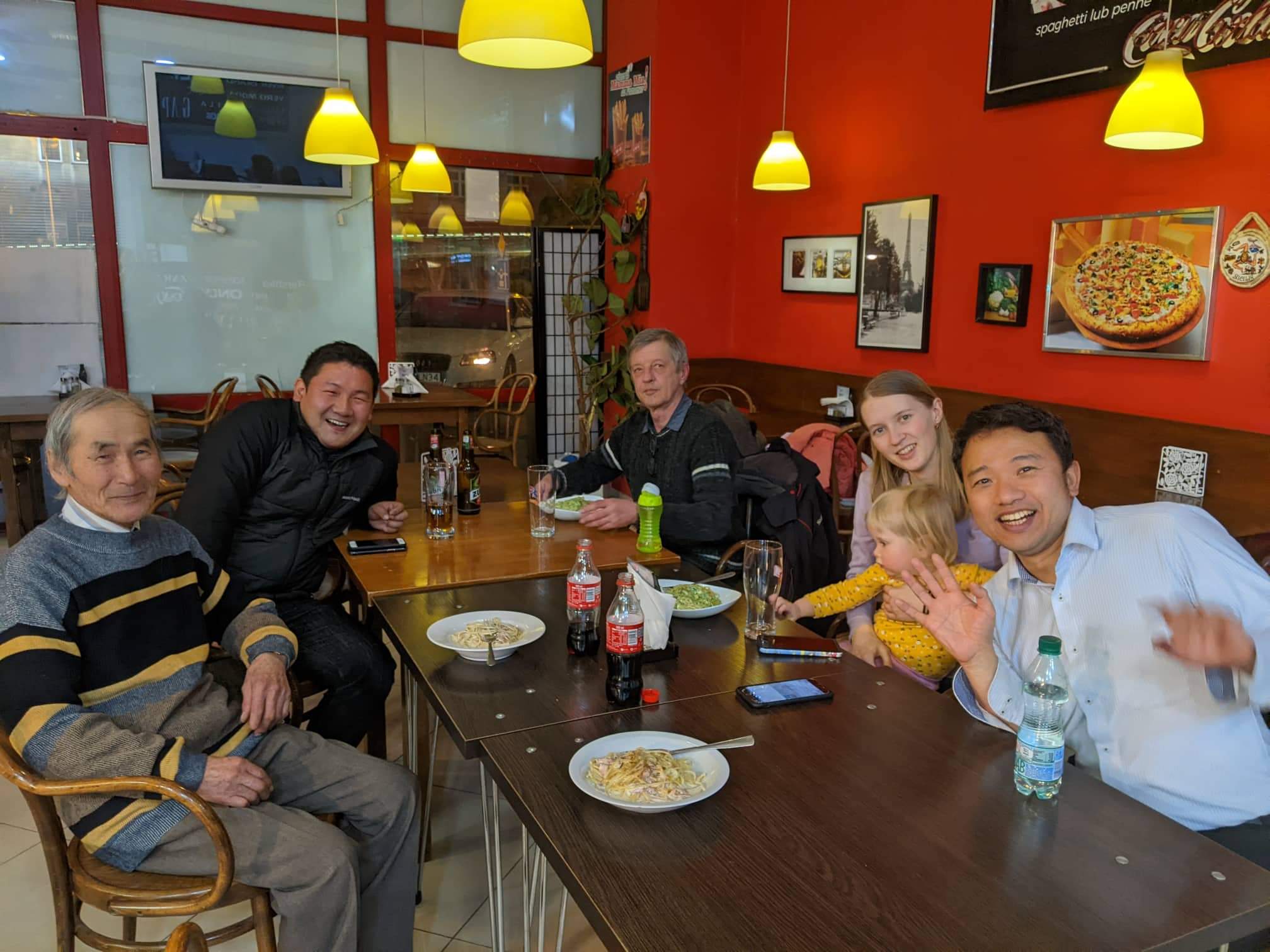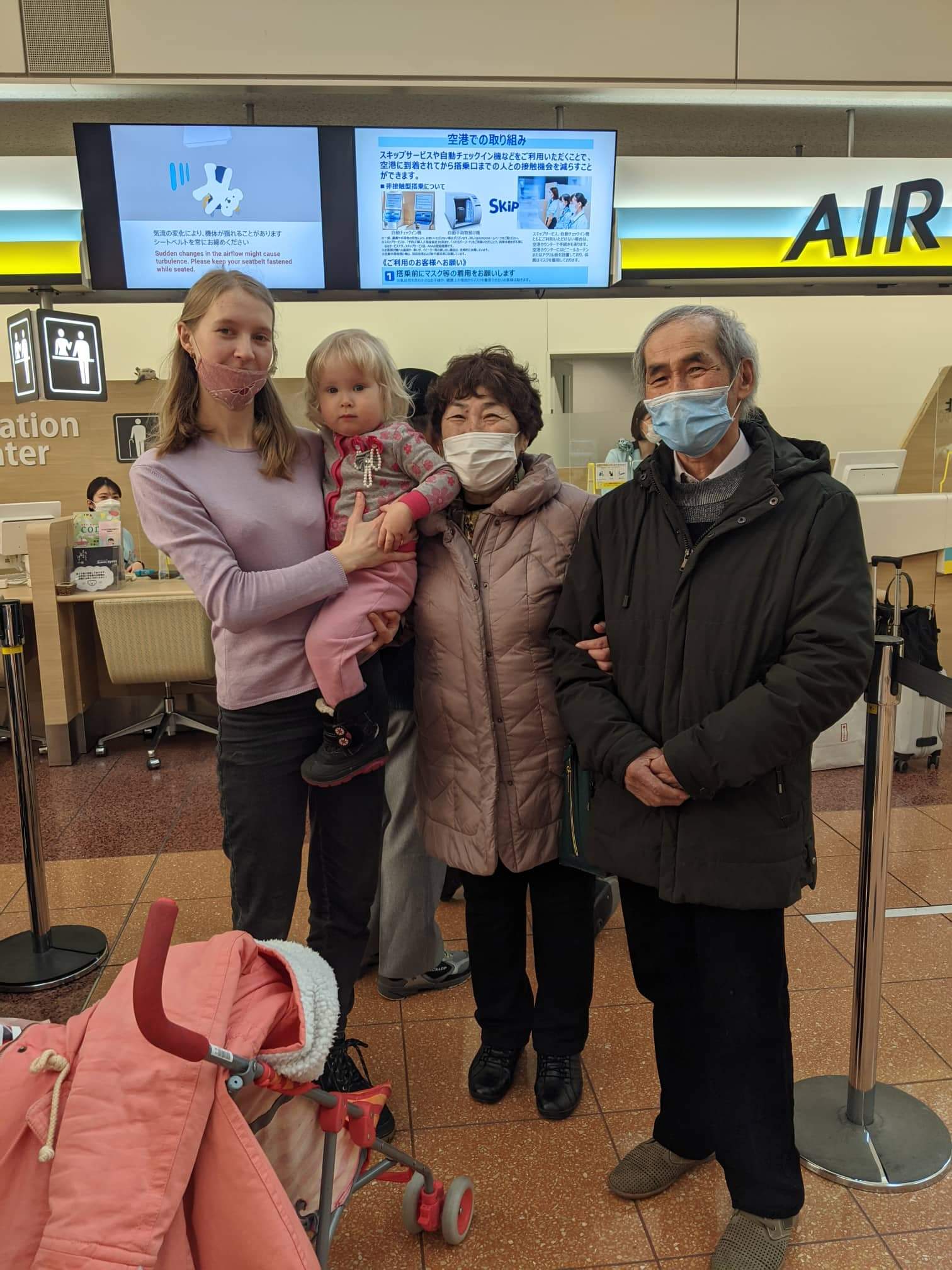Since February 24, 11.4 million Ukrainians have fled their homes due to the war. Of these, 4.4 million went abroad. Some Ukrainian towns and villages have been occupied, and it is still unknown when they will be finally liberated. Earlier, we have already said that the Russian Federation in each of its wars tried to take away a part of territory. Hidekatsu Furihata, a 78-year-old Japanese man, remembers this very well. He grew up in the southern part of Sakhalin – formerly the Japanese island of Karafuto, which in 1945 was occupied by the Soviet Union. For the past decades, Hidekatsu Furihata has lived in Ukraine and considered it his home, but because of the Russian invasion he and his family had to flee again, this time to Japan. Zaborona journalist Anastasiya Opryshchenko spoke with the Furihata family and reveals the story of a man who was twice forced to leave his home by the occupiers because of the war.
Although Hidekatsu Furihata did not live most of his life in Japan, he was born there – in Nagano Prefecture, in the central part of the country. Hidekatsu’s father studied at the Radio Engineering College in Tokyo, and after graduating he and his family were sent to work in the south of Karafuto Island.
However, in August 1945, the Soviet Union invaded Japan. The country’s defeat in World War II ended, in particular, with the loss of Karafuto and the Kuril Islands. The Japanese territories occupied by the USSR became the Sakhalin region of Russia. Hidekatsu Furihata was only two years old at the time.
“We then [after the occupation] lived in the fishing village of Yuzhnoye, Korsakovsky district [Sakhalin region]. The father worked at the lighthouse, there were five children in the family,” the man recalls in a conversation with Zaborona.

Japanese border guard, Karafuto (now Sakhalin), photo before 1945. Photo: Wikimedia Commons / “Nostalgia for Karafuto”
Furihata was very small, but he still remembers that law enforcement agencies were interested in his father. The Furihata family was one of the few Japanese families to remain on Sakhalin after the occupation began, and Hidekatsu said Soviet authorities believed that Japanese authorities had deliberately left his father on the island.
“Only a few families remain in the village after the surrender of Japan. My father worked at the lighthouse, and the lighthouse had to work to the last: until all the ships with the Japanese returned to their homeland. In addition, my older brother suffered an open leg fracture while we were riding a cart,” says Hidekatsu.

Border guards on Kunashir Island, Sakhalin region, the 1950s. Photo: Mark Redkin / FotoSoyuz / Getty Images
Furihata recalls that before the arrival of Soviet troops, the Japanese lived quite well in Karafuto: each family had a job and made good money. However, after the occupation, they all lost their jobs because they didn’t know Russian. But over time, almost everyone has learned it anyway.
In 1953, the Japanese family was relocated much further north, to the city of Poronaysk. At that time, it was difficult for Hidekatsu’s father to find a job with Japanese citizenship, although he studied Russian on his own and could communicate fluently in it. Therefore, at the end of the same year, Furihata’s parents accepted the citizenship of the Soviet Union.
“In those days, my father tried to get permission to enter [Japan] in both Yuzhno-Sakhalinsk and Moscow, but each time there was a negative response. The reason is not known, but it is believed that in the Soviet Union, my father was not allowed to go because he worked in a paper mill and was competent, explains Hidekatsu. Our family already had eight children in the 60s. My father was the one who had a job, so we lived very poorly in barracks. Later, in the ’70s, the father received [from the company] a three-room apartment in a newly built multi-storey building [in Poronaysk].
The way to Ukraine
In 1960, Hidekatsu Furihata graduated from high school in Poronaysk, and from 1961 to 1967 he studied at the Technical University in Leningrad (now St. Petersburg). There Furihata married a woman from Poland. After graduating, Hidekatsu and his wife worked for three years in Poronaysk, Sakhalin. When the employment contract expired, the couple went to Simferopol, where Hidekatsu’s older sister lived and worked.
During this time, the couple had a son, Viktor. However, during his life in Simferopol, he suffered from pneumonia five times. Doctors advised to urgently change the place of residence to a more temperate climate – so the family came to Zhytomyr to his wife’s cousin, where they lived until the beginning of the Russian war against Ukraine.
“In Zhytomyr, I worked at a machine tool plant, at the Vibroseparator machine-building plant, at the Avtozapchastyna plant, at the Myasomoltorg enterprise, and at the Rempishymash plant,” says Hidekatsu. “I started as a senior engineer and worked my way up to a chief engineer. At work, I communicated with everyone in Russian, because I studied at a Russian school, but in Ukraine, I read books in Ukrainian and understood everything.”
Russia’s invasion
Due to Russia’s invasion of Ukraine and the rocket attacks on Zhytomyr, Hidekatsu decided to take his family out of the country. But not everyone managed to leave. Hidekatsu’s son Viktor died a year before the start of the full-scale war, and his grandson Denys [Viktor’s son] went to defend Ukraine after the Russian offensive. However, Denys’s sister Vlada, along with his wife Inna and daughter Sofia, went to Japan with Hidekatsu on March 18.

From left to right: Vlada, Inna, Sofia, and Hidekatsu. Photo courtesy of Inna
Today, the family lives on the island of Hokkaido – they were all accepted in Japan as refugees from Ukraine. Hidekatsu says the homeland welcomed the Furihata family well: they were provided with a three-room apartment, allowed to live in the country for one to three years, and admitted to a school for foreigners to study Japanese. At the same time, according to Japanese law, the family can return to Ukraine at any time.
This is exactly what Inna Furihata and her daughter Sofia did – on April 17 they returned to Zhytomyr. Hidekatsu and Vlada stayed in Japan. Hidekatsu’s older brother and three sisters still live in the country. All of them left Russia a long time ago.

Hidekatsu, Inna with her daughter Sofia, Inna’s father Stanislav, and Japanese journalists who helped the family with paperwork. Photo courtesy of Inna
Inna explains that she did not plan to stay in Japan for long, because it is quite difficult to live with a small child in another country. To be able to study or work, you need to think about kindergarten: “This is a lot of stress for a child, at least because of the language,” the woman explains.
In addition, the family was divided, and little Sofia often mentioned her father. “After a week in Hokkaido, we were asked about the future, and I immediately said that regardless of whether there will still be a war in Ukraine or not, I’m definitely coming back,” says Inna.
Hidekatsu has also not yet decided on the future. Although he would like to continue living in Japan with his siblings, he also wants to help rebuild Ukraine after the war.
“They say that the homeland is where you were born,” says the man. “I was born in Japan in Nagano prefecture – so it is written in the book of the city of Nagano, although the birth certificate indicates the village of South Korsakov district of Sakhalin region. I have lived in Ukraine for over 52 years. For me, Ukraine is my second homeland, where I have worked all my conscious life, experienced joys, and sorrows.”

From left to right: Inna, Sofia, Hidekatsu’s sister Reiko, Hidekatsu. Photo courtesy of Inna

